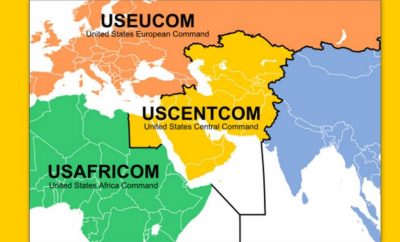
Planetary Homeostasis
Technology can expand the short-term horizon of our Paleolithic survival instinct.
The future may be unpredictable, but it is not unknowable. We can’t pinpoint where the next raging forest fire or record temperature will hit. But we know they will happen. This summer, cool Britannia is most unexpectedly busting the thermometer. The fire this time is visiting a broad swath of Mediterranean countries and, as usual, scorching California’s most treasured natural landmarks.
This perennial experience would suggest that our species should by now have reached what the child psychologist Jean Piaget identified as the concrete operational stage of cognitive development, which he assigned in his schema to 7-11-year-olds. It would seem that the distant abstraction of climate change has enough observational presence to be regarded by our maturing minds as a clear and present danger, like touching a hot stove.
Yet, far from figuring out a survival strategy for this consequence of the Anthropocene, our dominant species seems stuck in the Paleolithic mode of hunters and gatherers adept only at avoiding immediate, localized threats.
As Carl Jung posited with respect to the psyche, our accelerated evolution into the modern industrial era and beyond has not displaced archaic dispositions still harbored from 2 million years ago. They remain as deeply seated as they are dangerously inapt for the future headed our way. The human brain, evolutionary biologist Richard Dawkins has noted, was not built to understand slow, cumulative processes like ecological change. Anciently ingrained instinct simply does not register what looms in the long term.
Συνέχεια εδώ
Πηγή: noemamag.com





